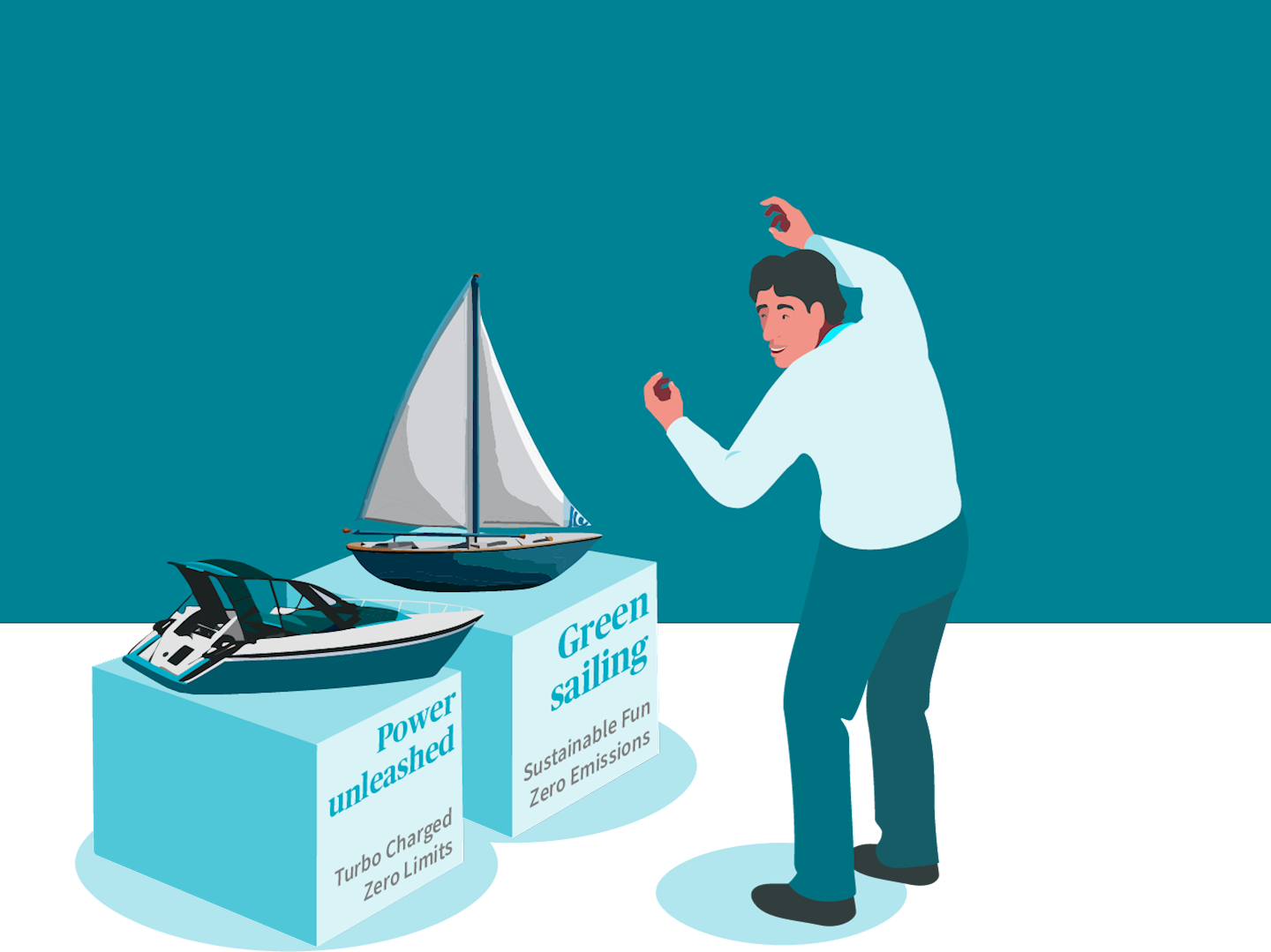You are using an outdated browser. Please upgrade your browser to improve your experience.
Article | 21 May 2024 | ESG
Individual investors are faced with a multitude of factors to consider, when choosing with whom and how to invest. These include assessing the potential investment providers, as well as the specific product features they see as important. Our latest research shows that product fees and flexibility remain the most important factors influencing investment choices, however there is also a strong desire among investors to align their investments with their personal values and ethical principles.
Amidst global financial uncertainties, investors across Europe and Asia have ranked the strength and stability of the investment provider or fund manager as the top priority when making an investment. In Europe, 55% of investors cited this as the most important provider feature, while in Asia, the figure was even higher at 63%. The least important factor was the local presence of the investment provider, highlighting that the trustworthiness and credibility of the firm was foremost in the minds of investors.
When it comes to product features, the Environmental, Social or Governance (ESG) aspects of the investment were ranked amongst the lowest factors in terms of importance, with fees and flexibility the top features considered important in both Europe and Asia.
Within the countries surveyed we did see some regional differences. Investors in the UK and Indonesia ranked regulatory protections as the most important product feature when making an investment, while investors in Belgium, Italy and Spain are more focused on guarding against the risk of losing all or most of their investment. Investors in Thailand and the Philippines were most interested in the ease of tracking their investment’s performance.
While ESG factors might not currently rank as the top priority for investors when looking at product features, the research findings show a demand for investments that align with personal values and ethical principles. Across Europe and Asia, a significant portion of investors, 65% in Europe and 71% in Asia, agreed that their personal ethical views should be taken into consideration when making an investment.
But ethics by their very nature are personal to each individual, so how should investment firms build products that are aligned with these views? The research findings did highlight some areas of agreement over which industries or sectors should be excluded from investments. Across both Europe and Asia, for example, the deforestation and pornography industries remain the top sectors that people feel ESG funds should never invest in, highlighting consistent environmental and ethical attitudes towards the negative global impact of these industries. In both regions, weapon manufacturers and heavily polluting industries closely follow. In Europe 60% and 57% of respondents expressed a view against making ESG investments made in these sectors respectively. In Asia the view was similarly 55% and 54% against these sectors respectively.
However, in other areas regional differences emerge. For example, the acceptability of ESG investments in the palm oil industry varies across Asia and Europe, with stronger attitudes against this sector found in Europe at 50%, compared to just 37% in Asia. Perhaps this could be attributed to diverging views on the industry, as well as its prominence within different countries, for example the importance of the industry to Indonesia as a top global producer of palm oil.
Additionally, we saw that there was less concern over nuclear power assets being included in portfolios from European investors versus those in Asia (39% vs 44% respectively). This is perhaps a result of the continued geopolitical issues we see in Ukraine and what this could mean for broader energy security in European countries.
It’s clear that aligning ethics with investment is not a one-size-fits-all approach. However, in order to address an individual’s desire that their investments should reflect their ethical standpoint, it is the investment industry's responsibility to continue to develop products that cater to a range of investor needs. From applying exclusions within their portfolios to launching impact or thematic funds that address specific topics, firms can provide investments that better reflect the diverse values and principles of their clients, while also promoting sustainable and responsible investment practices.

In the next article, we will delve into the investor knowledge gap surrounding ESG products and the importance of education and advisor-led conversations to bridge this gap. Stay tuned for insights on how to enhance understanding and engagement with responsible investing.

Fees, flexibility, and the credibility of investment providers remain top priorities for investors. However, there is also a strong desire to align investments with personal values and ethics, highlighting opportunities for ESG products tailored to investor principles.

A significant knowledge gap exists among investors regarding ESG terminology, product objectives, and approaches. This highlights the need for improved guidance from advisors and providers to bridge the gap.

Governance factors like transparent accounting and data protection top investor priorities globally, followed by environmental concerns in Europe and social factors in Asia. However, even lower-ranked ESG issues are still deemed important, highlighting the need for holistic products.

The Environmental, Social, and Governance (ESG) investing landscape is evolving rapidly. While interest remains high, our recent survey reveals a complex picture of investor attitudes and behaviours. This article examines the key barriers facing ESG investing, as well as potential solutions for overcoming them.

Discover what investors expect from their ESG investments, from important reporting requirements to the main industries that should be excluded.